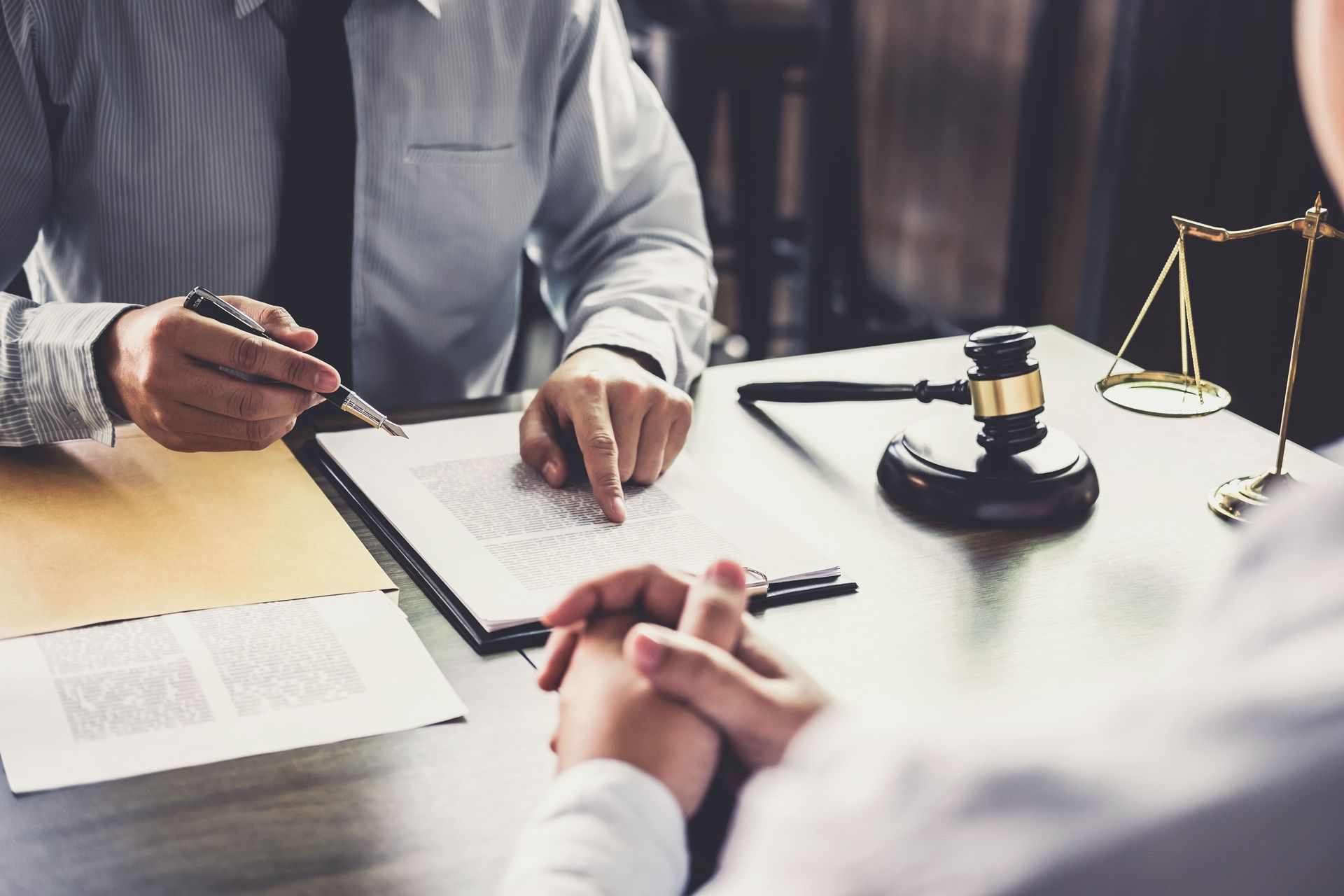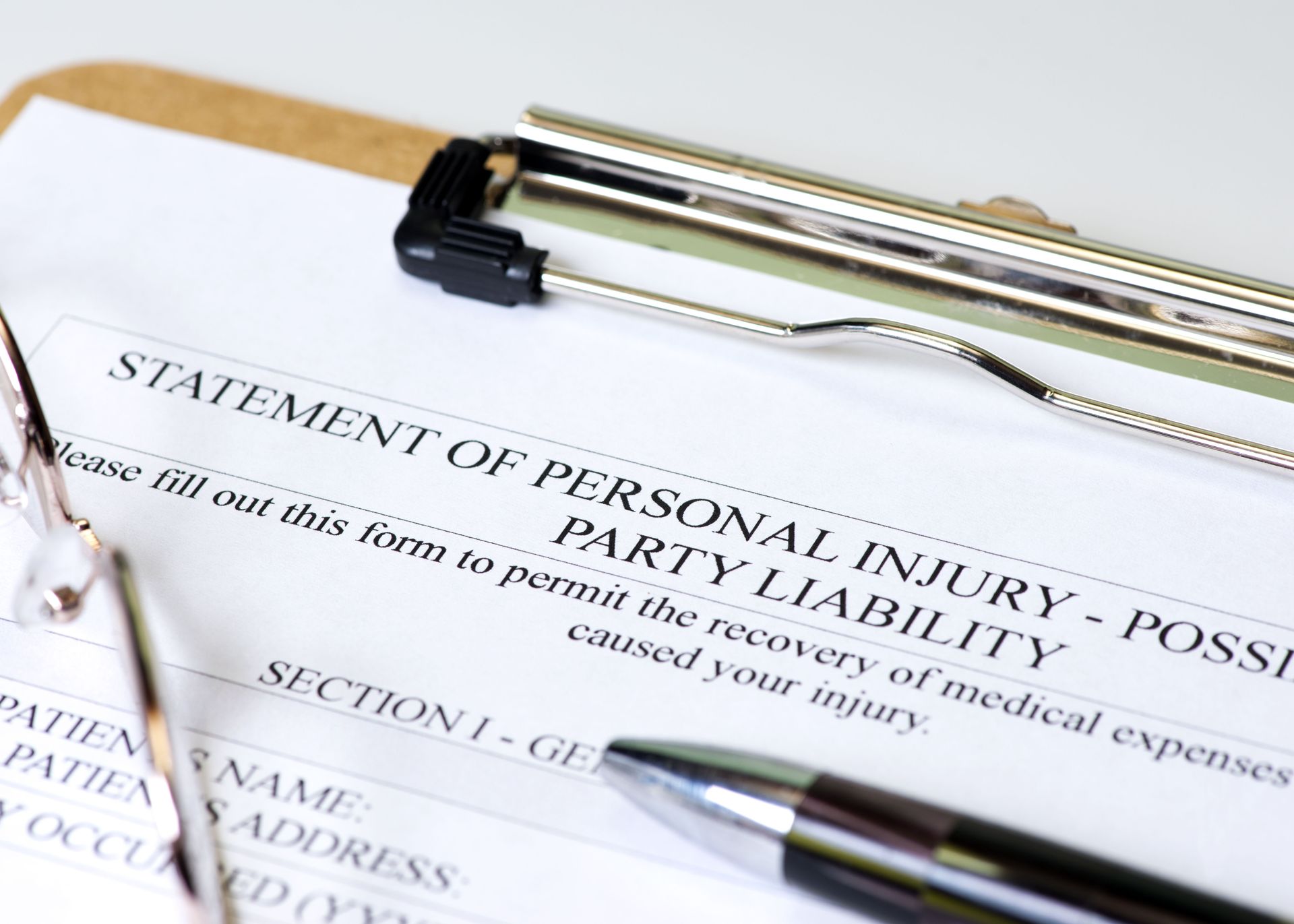What to Look for in a Personal Injury Lawyer
Understanding the key qualities and attributes to seek in a personal injury lawyer can greatly influence the outcome of your case. Choosing wisely can mean the difference between a favorable settlement and a frustrating legal ordeal. Personal injury cases often involve complicated legal procedures and emotional distress, necessitating a thorough evaluation of potential legal representation. An adept lawyer not only provides expertise but also ensures your rights are scrupulously defended.
Evaluate Experience in the Field
The number of years a lawyer has been practicing provides insight into their expertise and reliability. Lawyers with extensive experience tend to navigate complex legal environments more efficiently. They are usually well-versed in courtroom procedures and negotiation tactics that can be crucial for your case. Numerous years in the field often indicate a deeper understanding of both potential pitfalls and successful strategies.
Relevant case experience is not just about the number of years but also the type of cases handled. A lawyer specializing in personal injury law will likely have dealt with cases similar to yours, providing them with specific insights. This experience is invaluable for understanding potential outcomes and formulating strategies. Skills honed through similar cases enhance a lawyer’s ability to anticipate issues and proactively address them.
Local legal nuances can impact the trajectory of a personal injury case significantly. Understanding state-specific laws and regulations is essential for crafting an effective legal strategy. According to Forbes, understanding local laws can influence settlements, as in most US states an individual can receive a settlement for a car accident as long as they are 50% or less at fault. Thus, a lawyer’s familiarity with local statutes and procedural rules can be a crucial asset.
Assess Professional Reputation
Accolades from the legal community can be a testament to a lawyer’s skill and dedication. Prestigious awards from bar associations or other legal entities reflect a high level of achievement. Recognition of this nature often implies that a lawyer has gained respect amongst professional peers and leaders in the field. It’s a compelling measure of credibility and can influence your choice positively.
Feedback from fellow legal professionals can offer an objective view of a lawyer’s competence and ethical standards. Peer reviews serve as endorsements from those within the same profession, who are aware of the lawyer’s courtroom acumen and integrity. Given their unique vantage point, peers can provide a credible evaluation of a lawyer’s professional reputation and expertise. Such assessments are valuable for gauging a lawyer’s potential performance in handling your case.
A clean disciplinary record from the state bar signifies adherence to ethical practices and standards. Checking with the state bar association for any complaints or disciplinary actions against a lawyer is crucial. It ensures that the lawyer you are considering maintains professional conduct and legality in their practice. A lawyer with a clear disciplinary history is generally considered more trustworthy and ethical. Consequently, this assessment can be an important factor in your decision-making process.
Observe Communication Skills
Clear and concise communication from your lawyer can alleviate much of the stress associated with legal proceedings. A lawyer who communicates effectively can simplify complex legal jargon for better client understanding. This ability not only aids in making more informed decisions but also fosters confidence in the representation. Ensuring that you thoroughly understand each step of your case is pivotal for cooperation and strategy. Therefore, communication proficiency is a fundamental aspect to evaluate when selecting a personal injury lawyer.
The lawyer’s availability and responsiveness to client inquiries reflect their professional commitment. Prompt responses to emails or phone calls signify the importance the lawyer places on client interactions. Accessibility ensures that your concerns and questions are addressed in a timely manner, reducing anxiety and uncertainty. This characteristic is an indication of how the lawyer values client engagement and partnership in the legal process. Hence, assessing a lawyer’s responsiveness can provide important insights into their professional demeanor and dedication.
Proficient negotiation skills are fundamental in achieving fair settlements for personal injury cases. A lawyer adept at negotiation can navigate settlements with insurance companies and opposing counsel effectively. It's crucial for the lawyer to possess the capabilities to advocate assertively for maximum compensation. Given the complexities of settlement negotiations, having a lawyer with sharp negotiation skills can significantly influence the outcome. Hence, assessing a lawyer’s proficiency in negotiation is essential for securing the desired damages in your case.
Understand Payment Structure
Understanding the contingency fee structure is critical in grasping how legal expenses will be managed. This type of arrangement implies that lawyer fees are contingent upon winning the case, minimizing upfront costs. It aligns the lawyer-client interests towards achieving a successful settlement. Contingency fee agreements provide flexibility and accessibility to legal services without initial financial burdens. Hence, evaluating this payment structure is essential to ensure that it meets your financial conditions.
Some legal representatives may require upfront costs, which can add to financial strain. It is crucial to clarify any immediate payments needed to initiate legal proceedings. Understanding how these costs will be managed and refunded in case of a successful outcome is important for financial planning. Transparent dialogue with your attorney about upfront costs can mitigate unexpected financial surprises. Hence, clarity about initial payments can play a significant role in your decision-making process.
Legal proceedings can incur additional expenses such as filing fees, expert witness charges, or investigation costs. It's important to comprehend who covers these expenses and how they’re managed. Transparency in handling these additional expenses prevents misunderstandings or disputes during or after the legal process. Discussing potential hidden costs at the outset allows for clear financial planning. Thus, understanding extra costs is fundamental for gauging the comprehensive financial implications of your case.
Review Resources and Support
A well-staffed legal team can significantly enhance the capacity and effectiveness of a lawyer. Support from paralegals, clerks, and administrative staff means your lawyer can focus on strategy and development of your case. The delegation of mundane tasks ensures efficiency and can lead to a more comprehensive approach to case management. Additionally, a robust team can provide specialized insights and assistance where necessary. Therefore, the composition and capability of a lawyer's team should be carefully considered during the selection process.
Access to experts such as medical professionals, investigation specialists, and other consultants can greatly benefit your case. These experts provide crucial insights and evidence that can strengthen your legal arguments and outcomes. Their testimony may be pivotal in settling disputes and addressing technical aspects of the case accurately. Their participation elevates the quality of your legal strategy and demonstrates a comprehensive, detail-oriented approach. As such, a lawyer's network of expert resources is a valuable asset to consider.
Being prepared for courtroom proceedings with trial resources is crucial even if a case might settle outside of court. A lawyer well-equipped with trial preparation resources can adapt swiftly to evolving case needs. The availability of trial aids such as mock trials, visual aids, and demonstrative evidence can check redundancy when courtroom appearances become necessary. Comprehensive preparation signals a commitment to pursuing all avenues for client benefit.
Selecting the right personal injury lawyer is crucial to ensuring the best possible outcome for your case. By considering experience, reputation, communication skills, payment structure, resources, and personal comfort, you are better equipped to make an informed decision. These elements collectively help in achieving a successful legal journey. If you need expert legal help with a personal injury case, contact Cooley, McFarland & Moore, LLP.





Share On: